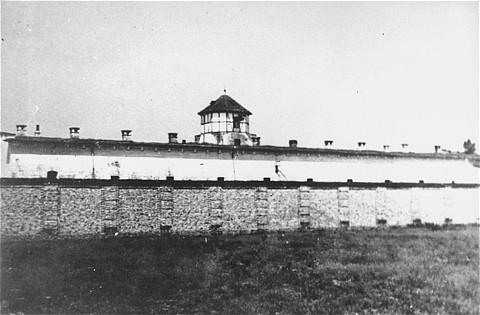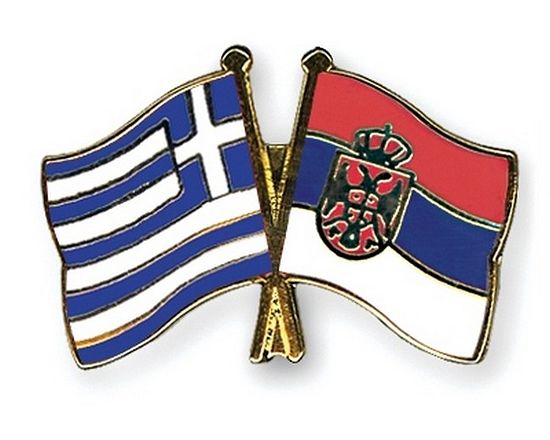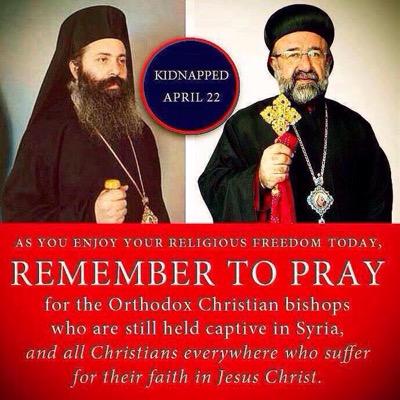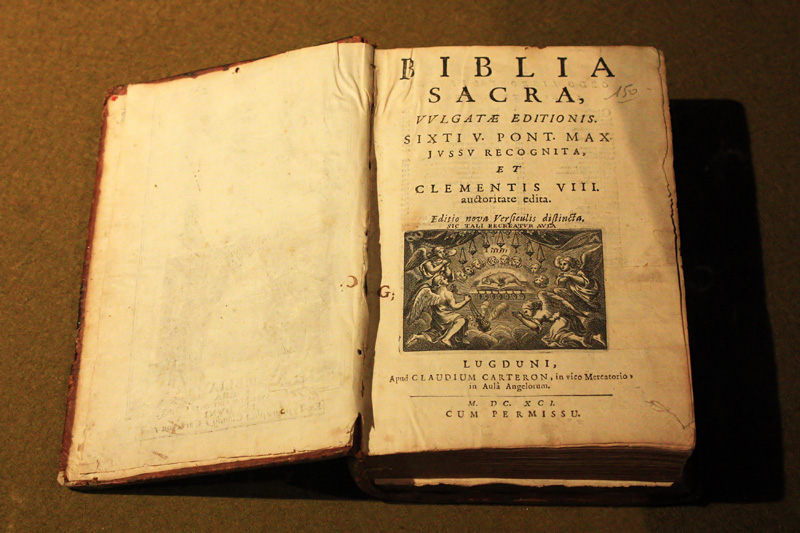Memorial Day for victims of Jasenovac concentration camp
23. April 2016 - 10:13 The Memorial Day for the victims of Jasenovac marks the date of the liberation of this concentration camp run by the Ustasha, one of the worst death camps in World War Two Europe, which some historians have dubbed the Serbian Auschwitz.
The Memorial Day for the victims of Jasenovac marks the date of the liberation of this concentration camp run by the Ustasha, one of the worst death camps in World War Two Europe, which some historians have dubbed the Serbian Auschwitz.
April 22 was picked as the Memorial Day because a group of 1,075 prisoners tried to break out of the camp on that day in 1945. Only 127 got through.
Brotherhood of Greek, Serbian peoples forged for eternity
19. April 2016 - 14:42 Serbian President Tomislav Nikolic, who is leading a delegation to a ceremony marking the centenary of the Serbian army’s landing on the Ionian island of Corfu, has said that the brotherhood of the Greek and Serbian peoples was then forged for eternity, woven into our being forever, as part of Serbia’s heroic history.
Serbian President Tomislav Nikolic, who is leading a delegation to a ceremony marking the centenary of the Serbian army’s landing on the Ionian island of Corfu, has said that the brotherhood of the Greek and Serbian peoples was then forged for eternity, woven into our being forever, as part of Serbia’s heroic history.
Two Christian Bishops Were Kidnapped : Has a ‘Silent’ World Forgotten Them?
18. April 2016 - 10:22 It’s been two years since two top Christian clergymen were kidnapped by gunmen in Syria, prompting the brother of one of the victims – himself a senior cleric – to raise alarm that “the world is silent.”“We hope that the bishops are alive, but unfortunately, the world is silent and nobody has provided physical evidence,” Orthodox Patriarch John X of Antioch said last week on the anniversary of their disappearance. . .
It’s been two years since two top Christian clergymen were kidnapped by gunmen in Syria, prompting the brother of one of the victims – himself a senior cleric – to raise alarm that “the world is silent.”“We hope that the bishops are alive, but unfortunately, the world is silent and nobody has provided physical evidence,” Orthodox Patriarch John X of Antioch said last week on the anniversary of their disappearance. . .
The two religious leaders, Syriac Orthodox Archbishop Yohanna Ibrahim and Greek Orthodox Archbishop Boulos Yazigi, were kidnapped by gunmen in April 2013 when they were on their way back from the Turkish border to their city of Aleppo.
Latin versions of the Bible
13. April 2016 - 15:29 A. The Greek Bible in Latin (Old Latin)
A. The Greek Bible in Latin (Old Latin)
1. Origin. During the first centuries of Christian expansion, the vernacular language of the Mediterranean world was mainly Greek, even in the West. The books of the OT were read in the early Christian churches according to the LXX and the NT in Greek. When the necessity arose—as early as the 2d century in Roman Africa—the Bible was translated into Latin from the Greek. In many places,Tertullian (ca. 160–220) used a Latin version already at his disposal, certain peculiarities of which remained throughout the history of the Latin Bible. When, in the middle of the 3d century, Cyprian, bishop of Carthage, quoted Scripture at great length and not from memory (Libri III ad Quirinum, commonly called Testimonia), he did it according to a Latin translation which was itself a revision and had already a complex history. This process of successive revisions continued for centuries and is aspecial feature of the Latin Bible. The Acta martyrum, in Africa again, mention sacred books as early as180.
The Turkish Media Continues to Cover the Story of the Case Presented to the Turkish Constitutional Court by the Catholicosate of Cilicia Demanding the Return of Its Historical See
14. April 2016 - 14:49 On 21 March 2016, “Haber Turk” interviewed Cem Sofuoglu, the Turkish lawyer representing the Catholicosate of Cilicia at the Constitutional Court of Turkey. In response to the questions of the journalist, Sofuoglu explained the reasons for the litigation and said that if the Turkish Constitutional Court rejects the case, the Catholicosate will go to the European Court of Human Rights. He also revealed that His Holiness Aram I refused any offer for negotiations. The Catholicos demanded the return of the properties that have belonged to the Church for over 800 years; Sofuoglu reported that His Holiness Aram I’s view that a positive response by the Constitutional Court would demonstrate Turkey’s goodwill towards rapprochement with Armenians.
On 21 March 2016, “Haber Turk” interviewed Cem Sofuoglu, the Turkish lawyer representing the Catholicosate of Cilicia at the Constitutional Court of Turkey. In response to the questions of the journalist, Sofuoglu explained the reasons for the litigation and said that if the Turkish Constitutional Court rejects the case, the Catholicosate will go to the European Court of Human Rights. He also revealed that His Holiness Aram I refused any offer for negotiations. The Catholicos demanded the return of the properties that have belonged to the Church for over 800 years; Sofuoglu reported that His Holiness Aram I’s view that a positive response by the Constitutional Court would demonstrate Turkey’s goodwill towards rapprochement with Armenians.

